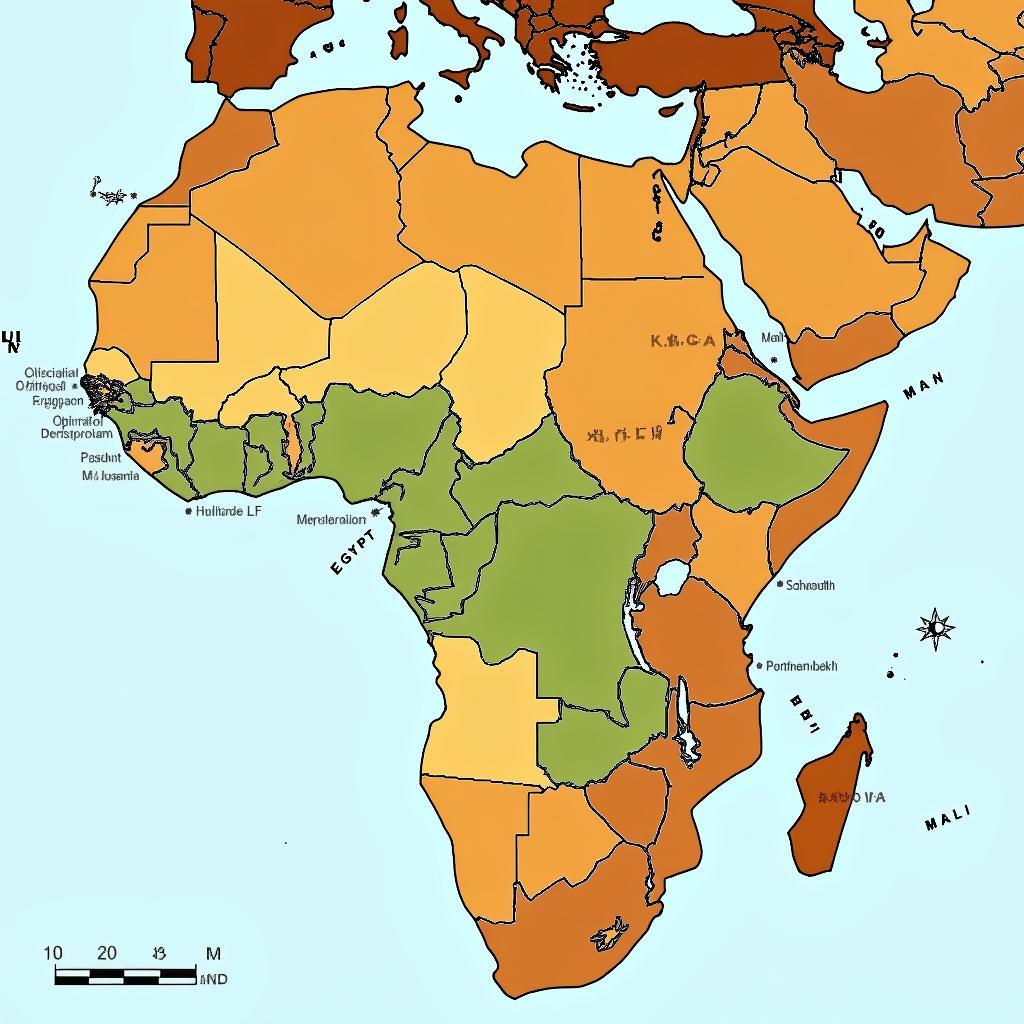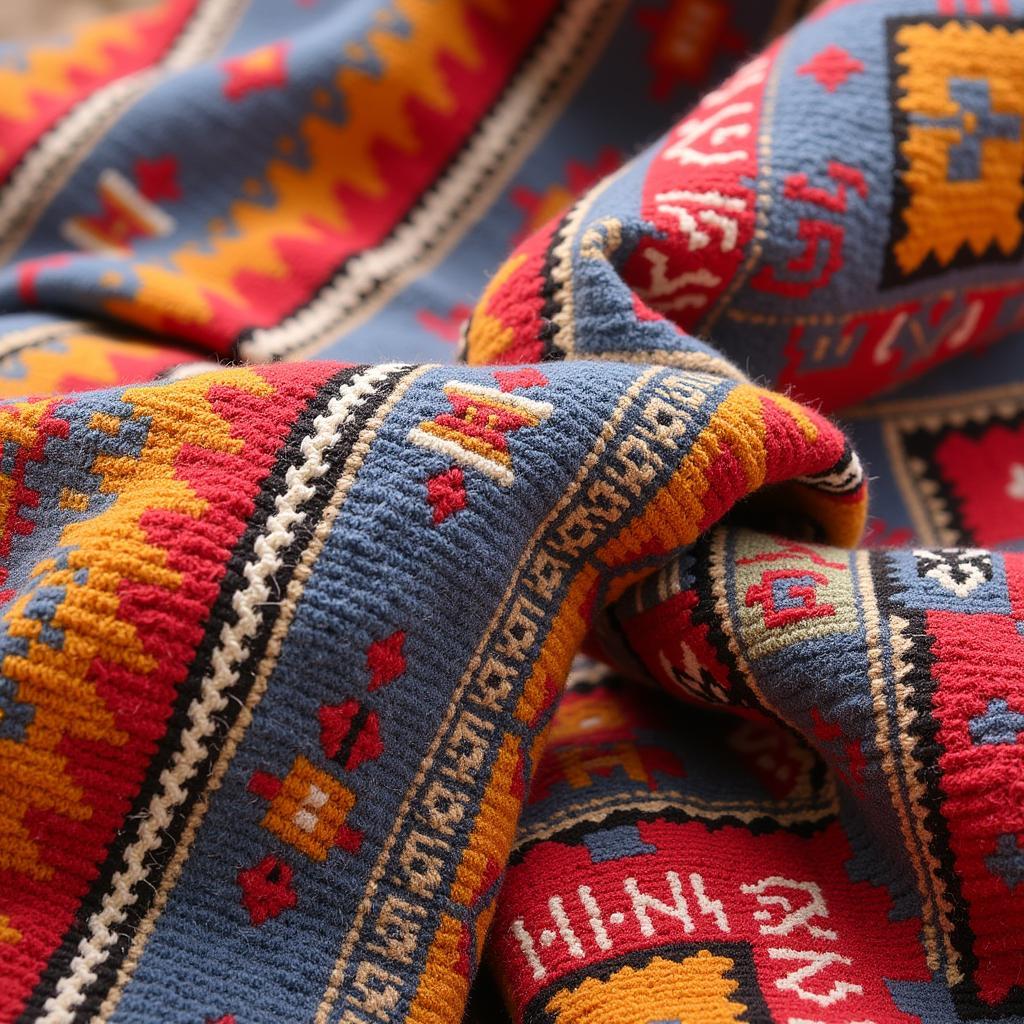African Freedom Fighters: A Legacy of Courage and Resilience
The fight for freedom is a universal theme, and Africa has seen its fair share of brave individuals who stood up against oppression and injustice. From the anti-colonial struggles of the 20th century to the ongoing fight for equality and human rights, African freedom fighters have left an indelible mark on the continent’s history. They are not just names in history books but symbols of courage, resilience, and unwavering commitment to a brighter future.
This article explores the legacy of African freedom fighters, delving into their diverse motivations, strategies, and contributions. We will examine the challenges they faced, the victories they achieved, and the lasting impact of their struggles.
The Roots of Resistance: A Long History of Struggle
The fight for freedom in Africa is not a new phenomenon. It has its roots in centuries of resistance against colonialism, slavery, and oppression. Before the arrival of European powers, various African societies had established complex political systems, social structures, and cultural practices. These societies faced external threats and internal conflicts, prompting individuals and communities to defend their sovereignty and way of life.
For instance, the Zulu Kingdom, under the leadership of King Shaka Zulu, developed a powerful military force that resisted colonial expansion in the early 19th century. The Ashanti Empire in present-day Ghana engaged in prolonged battles against the British in the 19th century, showcasing their determination to preserve their independence. These examples highlight the deep-seated resistance that existed in Africa before the era of colonialism.
The Rise of Anti-Colonial Movements: A New Wave of Resistance
The late 19th and early 20th centuries witnessed the rise of anti-colonial movements across Africa. The colonization of the continent by European powers brought with it economic exploitation, political subjugation, and cultural disruption. This sparked resistance movements that challenged the legitimacy of colonial rule and demanded independence.
“We are not fighting for ourselves, but for future generations,” declared Nelson Mandela, a prominent figure in the anti-apartheid struggle in South Africa.
Several factors fueled the anti-colonial movements, including:
- The impact of World War II: The war weakened European powers, creating an opportunity for colonized nations to demand independence.
- The rise of Pan-Africanism: The idea of a united Africa, free from colonial domination, gained momentum, inspiring resistance movements to collaborate and share resources.
- The emergence of charismatic leaders: Individuals like Kwame Nkrumah of Ghana, Jomo Kenyatta of Kenya, and Julius Nyerere of Tanzania became symbols of the anti-colonial struggle, uniting their people against the colonial powers.
Diverse Strategies and Tactics: From Guerilla Warfare to Peaceful Protests
African freedom fighters employed a range of strategies to achieve their goals, reflecting the unique circumstances of each country and region.
“We had to fight for our freedom with the tools we had available to us,” explained a veteran of the Mau Mau rebellion in Kenya.
Some notable strategies included:
- Guerrilla Warfare: This tactic was widely used in countries like Kenya, Algeria, and Mozambique, where resistance groups engaged in hit-and-run attacks against colonial forces, aiming to disrupt their operations and demoralize them.
- Peaceful Resistance: In some countries, like Ghana and India, non-violent protests, boycotts, and civil disobedience played a crucial role in achieving independence.
- Political Advocacy: African leaders and intellectuals engaged in international campaigns to raise awareness about colonialism and demand recognition of the rights of colonized peoples.
The Legacy of African Freedom Fighters: A Complex and Inspiring Story
The legacy of African freedom fighters is complex and multifaceted. Their struggles resulted in the independence of many African nations, but the fight for freedom is far from over.
“We have won our independence, but the struggle for a better future continues,” said an elderly woman in Zimbabwe, reflecting on the ongoing challenges faced by her country.
Here are some key aspects of their legacy:
- Inspiration and empowerment: Their courage and resilience have inspired generations of Africans and people worldwide, demonstrating the power of collective action in the face of oppression.
- The pursuit of social justice: The fight for independence was not just about political freedom but also about economic equality, social justice, and the right to self-determination.
- The fight for a better future: Many freedom fighters saw independence as a starting point for building a better future for their people. They faced new challenges, including economic development, political stability, and social equality.
The Importance of Remembering: Honoring the Past, Shaping the Future
It is important to remember and celebrate the contributions of African freedom fighters. Their sacrifices and achievements have paved the way for a more just and equitable world. By learning from their history, we can draw inspiration and wisdom to address the challenges of our time.
Understanding the legacy of African freedom fighters helps us appreciate the complexities of the continent’s history, the resilience of its people, and the importance of continuing the fight for a better future. Their stories offer powerful lessons about courage, perseverance, and the enduring pursuit of freedom.
“
FAQ
Q: What are some of the most famous African freedom fighters?
A: Some of the most well-known African freedom fighters include Nelson Mandela, Kwame Nkrumah, Jomo Kenyatta, Julius Nyerere, Amílcar Cabral, and Samora Machel. Each of these individuals played a significant role in shaping the course of African history and fighting for the freedom of their respective nations.
Q: What are some of the challenges faced by African freedom fighters?
A: African freedom fighters faced a range of challenges, including:
- Colonial oppression: The colonial powers used brutal tactics to suppress resistance, including imprisonment, torture, and massacres.
- Internal divisions: In some cases, conflicts arose within the ranks of resistance movements, often stemming from differences in strategy or ideology.
- Economic inequalities: The legacy of colonialism continued to affect economic development and perpetuate inequalities, hindering progress towards a better future.
Q: How can we learn from the legacy of African freedom fighters?
A: We can learn from the legacy of African freedom fighters by:
- Recognizing their sacrifices: Acknowledging the courage, resilience, and sacrifices made by freedom fighters is essential for appreciating the history of the continent.
- Promoting social justice: Their struggles highlight the importance of fighting for social justice, equality, and human rights.
- Engaging in peaceful activism: We can learn from their strategies, both peaceful and violent, and use this knowledge to advocate for change in our own communities.
Q: What role do African freedom fighters play in the present-day struggles for justice?
A: The legacy of African freedom fighters continues to inspire activists and movements working for social justice in Africa and around the world. Their stories remind us that the fight for freedom is an ongoing process that requires unwavering commitment and collective action.


